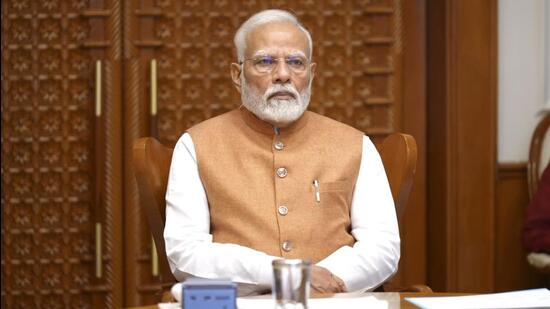India’s campaign to eradicate tuberculosis (TB) has gained significant momentum, with the government ramping up efforts since December last year. In a recent high-level meeting chaired by Prime Minister Narendra Modi, the country’s resolve to eliminate TB by 2025, five years ahead of the global target of 2030, was reinforced.
High-Level Meeting Reaffirms Commitment
Union Health Minister JP Nadda, Health Secretary Punya Salila Srivastava, and senior officials from the Prime Minister’s Office (PMO) attended the strategic review meeting. Prime Minister Modi, sharing an update on social media platform X, stated, “Chaired a meeting on India’s mission to eliminate TB. Driven by active public participation, the movement has gained significant momentum over the last few years. Our government remains committed to working closely with all stakeholders to realise the vision of a TB-free India.”
Scale of the Challenge
As reported by Hindustan Times, Tuberculosis remains one of the world’s most pressing infectious diseases. According to recent government data, India recorded nearly 2.6 million new TB cases last year alone, highlighting the urgency of addressing this public health crisis.
Strengthening the National TB Response
Under the National Tuberculosis Elimination Programme (NTEP), India has adopted a multi-pronged strategy to combat TB. This includes the deployment of advanced diagnostics, innovative health policies, stronger private sector partnerships, and a patient-first approach. These initiatives have led to record-high case detection and improved access to timely care.
Nutritional Support Through Ni-Kshay Poshan Yojana
Recognising that undernutrition accounts for nearly 20% of global TB cases—and up to one-third in India, the government has actively tackled this root cause. Through the Ni-Kshay Poshan Yojana, TB patients receive nutritional support, which is critical to recovery and long-term health outcomes.
Multi-Sector Collaboration as a Key Driver
India’s TB elimination strategy thrives on cross-sector collaboration. Stakeholders from healthcare, community groups, and private entities all contribute to a unified response. With better diagnostics, financial support, and community engagement, the country is making tangible progress.
India is moving closer to its 2025 TB elimination goal. Sustained efforts and public participation remain crucial to overcome this major health threat.























